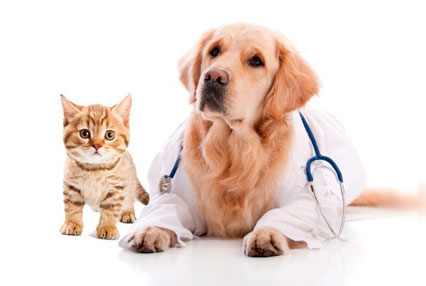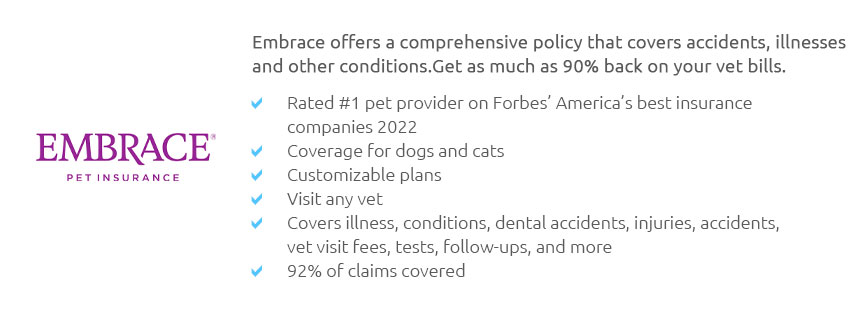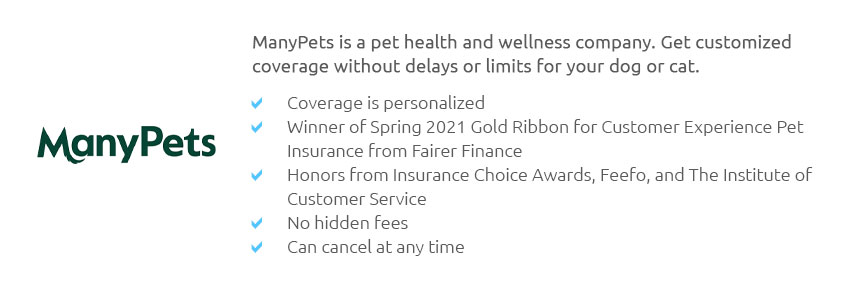 |
 |
 |
 |
 |
 |
|
 |
|
 |
|
 |
|
 |
|
 |
 |
 |
 |
 |
 |
 |
 |
Exploring Pet Insurance: Does It Cover Dental Extractions?In today's ever-evolving world of pet care, pet insurance has emerged as a vital tool for many pet owners striving to provide the best possible health solutions for their furry companions. Among the myriad of questions that arise when considering pet insurance, one that often stands out is whether these policies cover dental extractions. This inquiry is particularly relevant given the rising awareness of dental health's importance in pets and the potentially prohibitive costs of dental procedures. Firstly, it's essential to understand that pet insurance, much like human health insurance, varies significantly from one provider to another. Coverage details and specific inclusions can differ, meaning that a universal answer to the question of dental extractions is elusive. Generally speaking, standard pet insurance policies might cover accidents and illnesses but may exclude routine or preventive dental care, which could encompass cleanings or extractions related to periodontal disease.
It's also crucial for pet owners to be proactive in understanding the terms and conditions of their insurance policies. Reviewing the policy document meticulously and consulting with insurance representatives can clarify which specific dental procedures are covered. Furthermore, some pet insurance providers have specific stipulations regarding pre-existing conditions, and dental diseases that were present prior to the initiation of the policy might not be covered. Therefore, insuring a pet early, before any dental issues arise, can be a strategic move. In conclusion, while the idea of pet insurance covering dental extractions is appealing, the reality is nuanced. Coverage is largely dependent on the specific terms of the policy, the nature of the dental issue, and whether additional coverage options have been selected. As best practice, pet owners should thoroughly explore and compare different insurance plans, taking into account their pet's specific needs and potential future health considerations. By doing so, they can ensure that they select a policy that not only fits their budget but also provides the necessary coverage to keep their pet healthy and happy, particularly in terms of dental care, which is often overlooked yet vital for overall well-being. https://www.progressive.com/answers/does-pet-insurance-cover-dental/
It's not common for pet insurance providers to offer standalone dental insurance coverage. However, plans categorized as comprehensive or preventative may ... https://www.trupanion.com/pet-insurance-faq/article/dental
Fortunately, Trupanion coverage includes treatment for all new dental illnesses and injuries if your pet has an annual dental exam and you follow your ... https://www.nerdwallet.com/article/insurance/pet-dental-insurance
If your pet breaks a tooth or develops dental disease, traditional accident and illness policies may pay for tooth extractions, jaw fracture ...
|